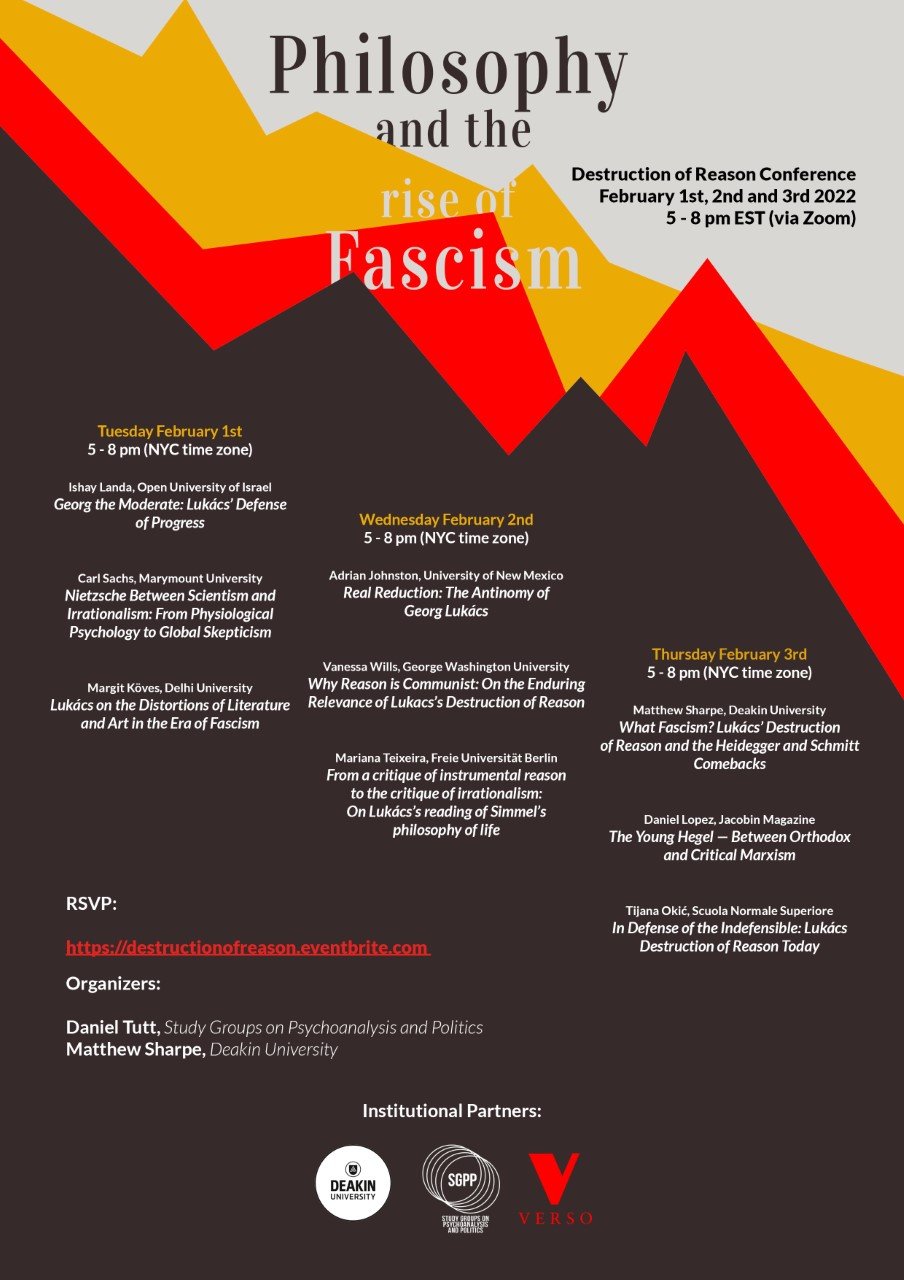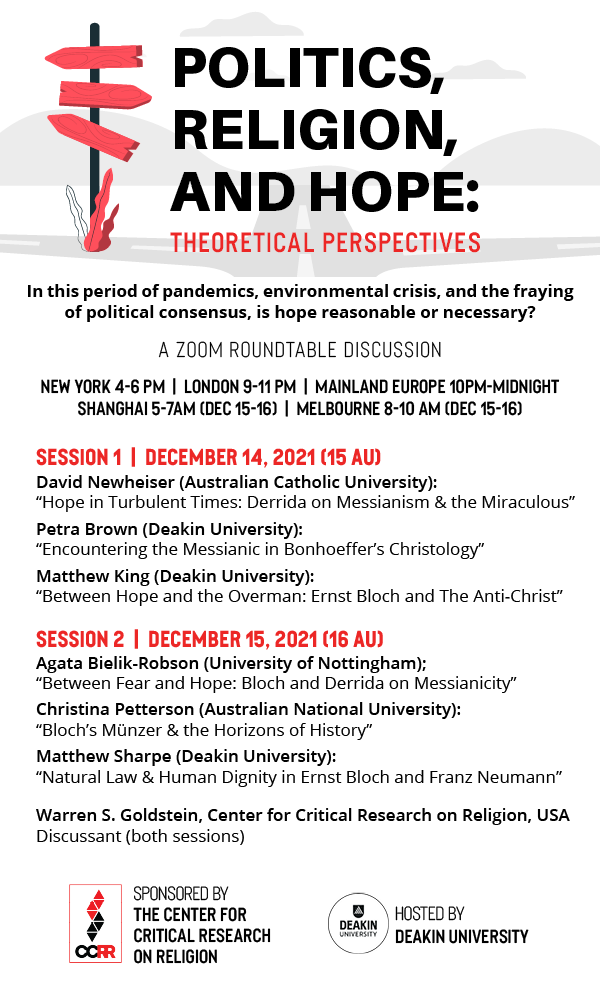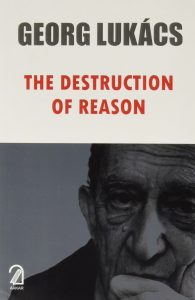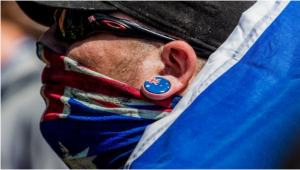A/Prof. Matthew Sharpe will be presenting on Thursday 7 April 2022 1-2pm, via Zoom, as part of the Contemplative Studies Centre’s new interdisciplinary colloquium series, ‘Wise words: A deep dive into contemplative science’.
Conceptions of contemplation in Greek and Roman philosophies
The possibility of a contemplative way of life was widely recognised in ancient Greek and Roman thought. Aristotle conceives of the bios theoretikos as the highest form of life, on grounds of its pleasures, its objects, and its independence. Even the Stoics and Cicero, who valorise the active life of public service, each recognise that humans have a distinct contemplative capacity whose fulfilment will be part of the best life. Yet, to the extent that we presently identify philosophy with rational argumentation, this dimension of ancient philosophy has often been overlooked. This seminar will explore conceptions of contemplation (theoria), the contemplative life (bios theoretikos), as well as specific contemplative practices, across different philosophical schools, including Aristotle, the Stoics, and Epicureans.
This event will be facilitated by Associate Professor Nicholas Van Dam, Director of the Contemplative Studies Centre. There will be an opportunity for Q&A at the end.
Click here to register for the event.







